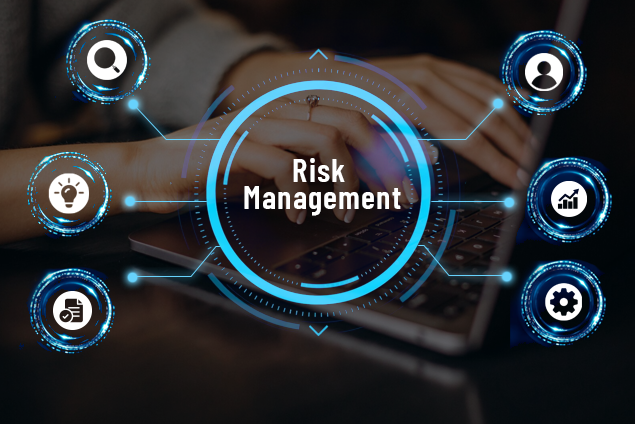Topics: Compliance Audits, Compliance Support Services, Talent Compliance
Posted on November 16, 2023
Written By Sakshi Sharma

Regulatory compliance isn’t just about following rules—it’s about protecting your business from financial penalties, reputational damage, and operational risks. In industries like healthcare and staffing, where hiring regulations and credentialing requirements are strict, failing to meet compliance standards can lead to costly consequences.
This is where the role of compliance support becomes crucial. Compliance specialists help businesses manage risks, monitor regulations, and ensure adherence to industry standards. But what exactly does compliance support involve, and how does it impact risk management?
In this blog, we’ll explore:
Compliance support specialists are professionals who help organizations adhere to laws, regulations, and industry standards. They act as a bridge between regulatory requirements and business operations, ensuring that every process aligns with legal mandates.
How does compliance support contribute to an organization’s risk management strategy?
Failing to meet compliance standards can result in lawsuits, fines, and damage to a company’s reputation. Compliance specialists ensure businesses avoid these risks by staying legally sound.
Strong compliance policies lead to structured workflows and streamlined processes, preventing errors that could lead to non-compliance.
Non-compliance penalties are steep. Global financial penalties for regulatory violations reached $10.4 billion, making compliance risk management a critical investment.
A company that follows compliance best practices gains trust from clients, employees, and regulatory bodies, fostering long-term growth.
Companies with strong compliance frameworks stand out in industries where legal adherence is a differentiator, particularly in healthcare staffing and financial services.
While compliance specialists play a vital role in risk management, they also face evolving challenges. Here’s what’s shaping the future of compliance support:
AI-driven compliance monitoring tools are enhancing risk assessments by identifying potential violations in real-time. Companies must integrate these technologies for efficient compliance risk management processes.
With rising data breaches, compliance support in risk management now includes stricter GDPR, CCPA, and HIPAA enforcement. Organizations must enhance their data protection strategies.
Companies are being held accountable for ethical operations beyond legal compliance. Compliance monitoring is expanding to include sustainability, fair labor practices, and ethical sourcing.
As companies expand globally, ensuring supplier compliance with legal and ethical standards is becoming a growing concern.
QX Global Group’s compliance support services ensure that your staffing company is not in danger of unlawful hiring by taking into account candidates’ employment history, duration of employment, and role and prior performance in their previous job.
At QX Global Group, our compliance support specialists help staffing firms navigate complex hiring regulations by:
By proactively managing compliance risks, we protect your business from legal troubles and help you build a more secure and compliant workforce.
A compliance support specialist is responsible for monitoring regulations, conducting risk assessments, developing policies, training employees, and managing compliance audits.
They identify, assess, and mitigate compliance-related risks, ensuring organizations follow regulations and avoid legal penalties.
Industries like healthcare staffing, finance, insurance, IT, and manufacturing require compliance support to meet regulatory standards.
They help businesses avoid legal penalties, improve efficiency, protect reputation, and build a structured compliance framework.
Originally published Nov 16, 2023 08:11:09, updated Feb 12 2025
Topics: Compliance Audits, Compliance Support Services, Talent Compliance